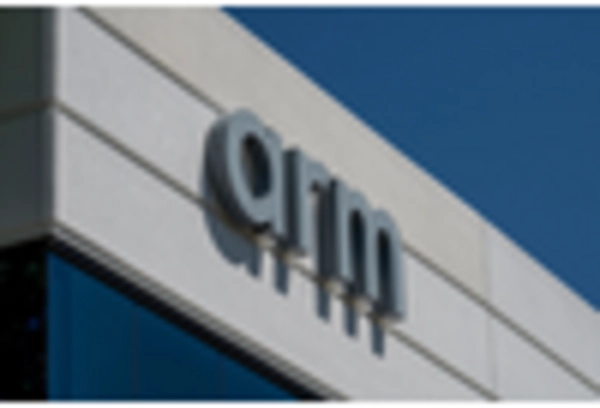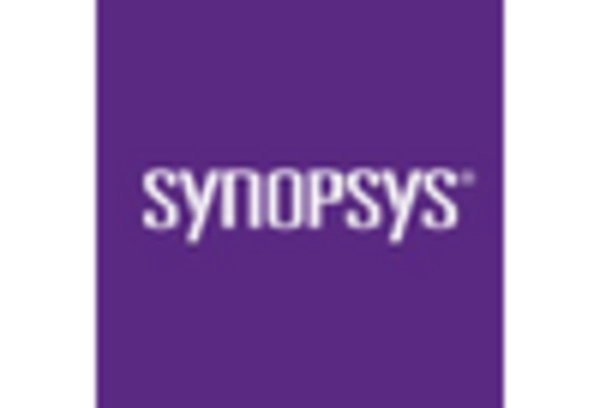Expansion of 5G Technology
The rollout of 5G technology is significantly shaping the semiconductor ip market in Japan. With the increasing adoption of 5G networks, there is a heightened demand for semiconductor IP that supports high-speed data transmission and low-latency communication. The market for 5G-related semiconductor IP is projected to grow by over 30% by 2025, driven by applications in telecommunications, automotive, and smart infrastructure. This expansion necessitates the development of advanced IP solutions that can handle the complexities of 5G technology, including massive MIMO and beamforming capabilities. As Japan continues to invest in 5G infrastructure, the semiconductor ip market is poised for substantial growth, reflecting the critical role of semiconductor IP in enabling next-generation connectivity.
Growing Demand for IoT Applications
The proliferation of Internet of Things (IoT) devices is significantly impacting the semiconductor ip market in Japan. With an estimated 30 billion connected devices expected by 2025, the demand for specialized semiconductor IP tailored for IoT applications is on the rise. This trend is prompting semiconductor companies to develop low-power, high-efficiency IP solutions that cater to the unique requirements of IoT devices. The market for IoT-related semiconductor IP is anticipated to account for nearly 25% of the overall semiconductor ip market by 2025. As industries such as automotive, healthcare, and smart cities increasingly adopt IoT technologies, the need for robust and secure semiconductor IP becomes paramount, driving further growth in the sector.
Increased Focus on Energy Efficiency
Energy efficiency has emerged as a critical driver in the semiconductor ip market in Japan. As environmental concerns grow, there is a pressing need for semiconductor solutions that minimize power consumption while maximizing performance. The Japanese government has set ambitious targets for reducing carbon emissions, which is influencing the semiconductor industry to prioritize energy-efficient designs. In 2025, it is estimated that energy-efficient semiconductor IP will represent around 20% of the total market. This shift is prompting companies to innovate and develop IP that not only meets performance benchmarks but also adheres to sustainability standards. Consequently, the semiconductor ip market is likely to see a rise in demand for energy-efficient solutions, aligning with broader environmental goals.
Rising Investment in Semiconductor Manufacturing
Japan is witnessing a notable increase in investment in semiconductor manufacturing, which is positively influencing the semiconductor ip market. The government and private sector are channeling resources into enhancing domestic semiconductor production capabilities, aiming to reduce reliance on foreign suppliers. This investment is expected to reach approximately $10 billion by 2025, fostering innovation and development in semiconductor IP. As manufacturing capabilities expand, there is a corresponding need for advanced IP solutions that can optimize production processes and improve yield rates. Consequently, the semiconductor ip market is likely to benefit from this influx of investment, as companies seek to leverage cutting-edge IP to enhance their manufacturing efficiency and competitiveness.
Technological Advancements in Semiconductor Design
The The semiconductor IP market in Japan is experiencing a surge due to rapid technological advancements. in Japan is experiencing a surge due to rapid technological advancements in semiconductor design. Innovations in design methodologies, such as system-on-chip (SoC) architectures, are enabling more efficient and powerful chips. This evolution is driven by the increasing demand for high-performance computing and mobile devices. In 2025, the market is projected to grow by approximately 15%, reflecting the need for advanced semiconductor solutions. Furthermore, the integration of artificial intelligence (AI) and machine learning (ML) into semiconductor design processes is enhancing the capabilities of IP cores, making them more versatile and efficient. As a result, companies are investing heavily in R&D to develop cutting-edge IP solutions, thereby propelling the semiconductor ip market forward.















